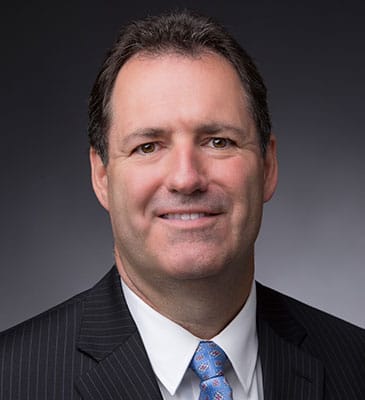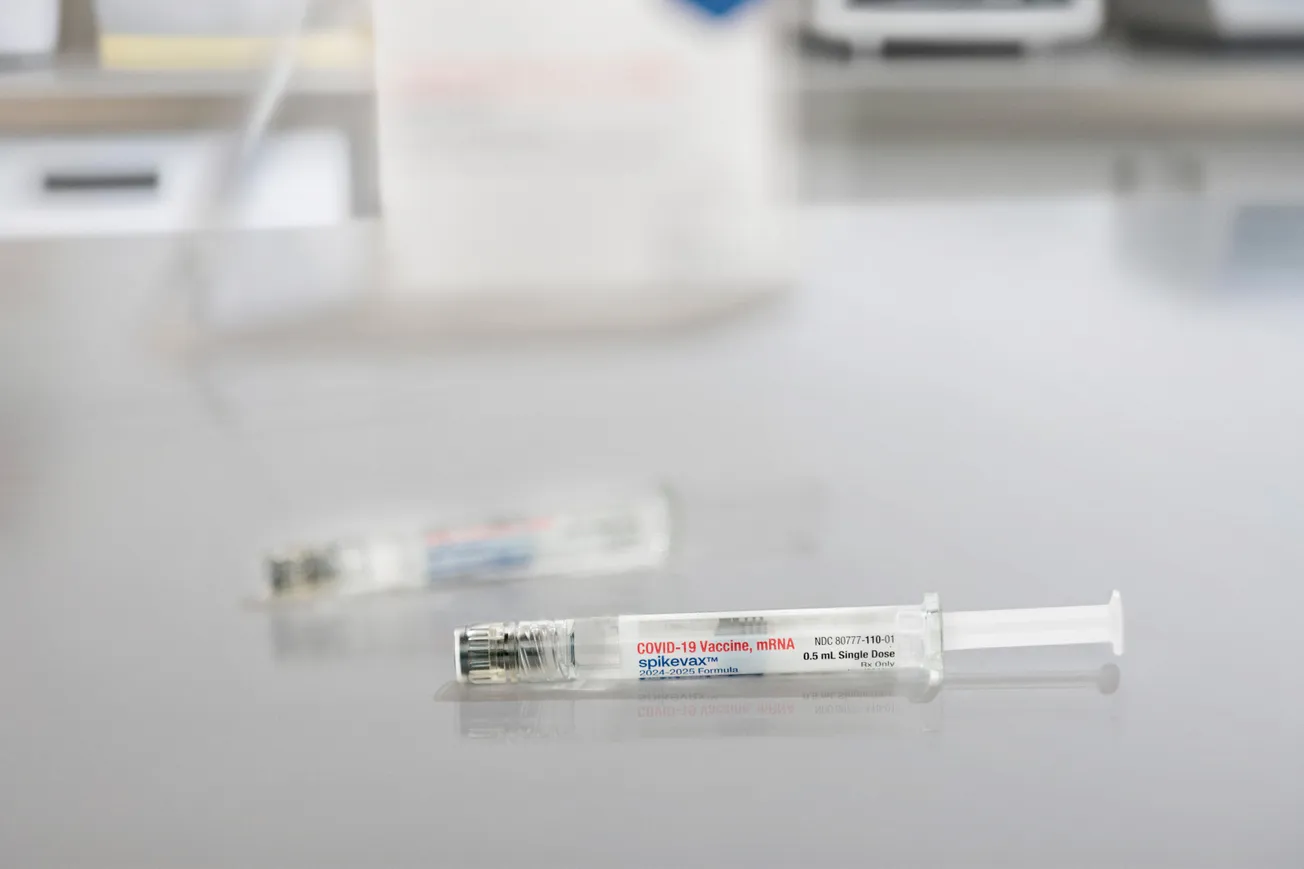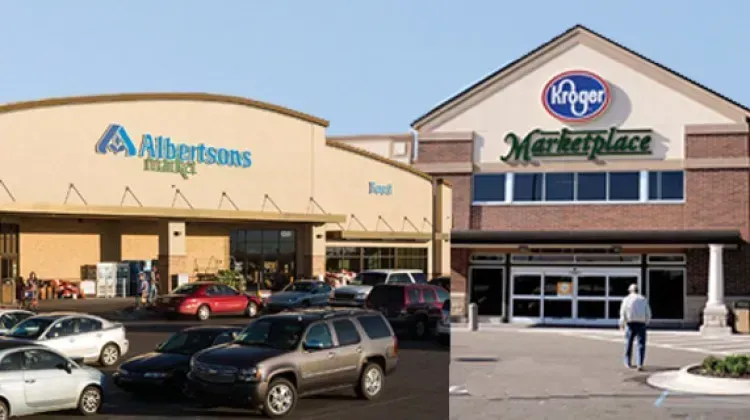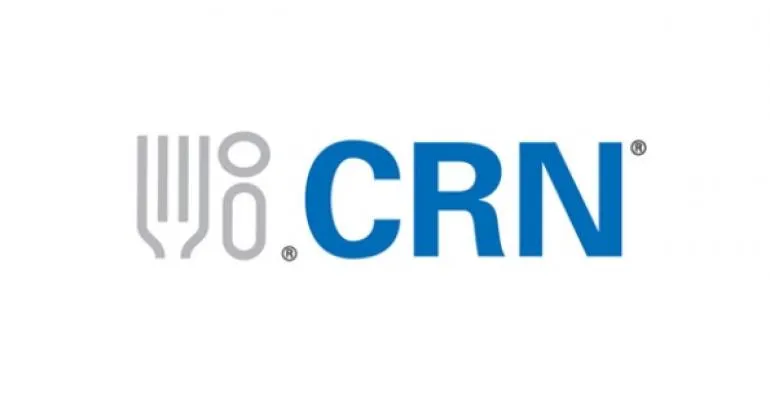ARLINGTON, Va. — The complex specialty prescribing process consumes a disproportionate amount of time and effort according to a new Surescripts survey of health care providers. For example, nearly 40% of providers surveyed said it can take up to two weeks to get their patients started on specialty therapy. The results of the survey point to the growing demand among prescribers for better information and greater efficiency at the point of care.

Tom Skelton
Less than one-third of providers surveyed are extremely satisfied or very satisfied with the efficiency of their organization’s prescribing process for specialty medications. And on average, they spend more than three hours a week on the paperwork required to do so. With branded specialty medications are projected to surpass half of all medication spending in the U.S. by 2022, according to IQVIA Institute for Human Data Science’s 2018 and Beyond: Outlook and Turning Points, more patients could be made to wait for essential medications. These treatment delays, along with high drug costs, can hinder providers’ ability to effectively treat patients with cancer, multiple sclerosis and other chronic illnesses that require specialty medications.
The survey shows that a lack of key information in drug selection and the burdensome manual prior authorization process pose two primary barriers to providers’ ability to get their patients started on treatment. Healthcare providers spend nearly four hours a week between consulting with patients on prescription costs and obtaining prior authorizations for specialty medications. And when physicians encounter barriers to prescribing, roughly two-thirds (67%) alter their orders or redirect them to support staff.
“Imagine learning your newly diagnosed multiple sclerosis patient waited two weeks to begin their treatment,” said Tom Skelton, chief executive officer of Surescripts. “This isn’t a good experience for anyone, but patients especially make a clear link between speed to therapy and satisfaction. With cost information at the point of care, we can transform the specialty prescribing process and help ensure both patient safety and satisfaction at a time when they can’t afford to have the process break down.”
Key findings include:
• Most providers—87% — say they don’t have digital access to patient out-of-pocket cost information. And 80% report they don’t have digital access to prior authorization requirements.
• More than two-thirds (67%) of providers don’t trust the information they have on patient out-of-pocket cost, and more than half (58%) don’t trust the information they have on prior authorization requirements.
• Nearly half (40%) of providers believe that prescribing can be improved if they had the right information, especially about drug cost. In fact, more than three-quarters (78%) of providers believe patient out-of-pocket cost information is extremely or very important. And more than two-thirds (69%) believe information on lower cost alternatives is extremely or very important.
“The lengthy time to therapy for specialty medications hasn’t gone unnoticed, and we’re taking action,” said Pooja Babbrah, NCPDP Workgroup 18 Specialty Pharmacy co-lead and Point-of-Care partners senior consultant. “There are several ongoing initiatives within the industry and through standards organizations such as the National Council for Prescription Drug Programs (NCPDP) and Health Level 7 (HL7) to improve the quality of information within EHRs, and to better automate the specialty prescribing process.”
Specialty medications comprise a disproportionate share of the nation’s total commercial medical benefit drug spend—94%—yet this expenditure represents just 15% of patients, according to Magellan Rx Management’s 2018 Medical Pharmacy Trend Report.
Delayed time to therapy and high drug costs hinder providers’ efforts to deliver effective treatment. More than half of specialty drugs exceed $100,000 annually and spending on branded specialty drugs is rising 10% year over year.
The 15-minute web-based survey was administered by Engine Insights to 502 qualifying healthcare providers (401 physicians and 101 nurses, nurse practitioners and physician assistants) between October 26 and November 5, 2018. To qualify for the survey, providers had to be U.S. based, spend at least half of their time providing direct patient care in clinical practice, and either write or be involved in writing prescriptions. More than half are involved in writing at least 16 prescriptions daily.









